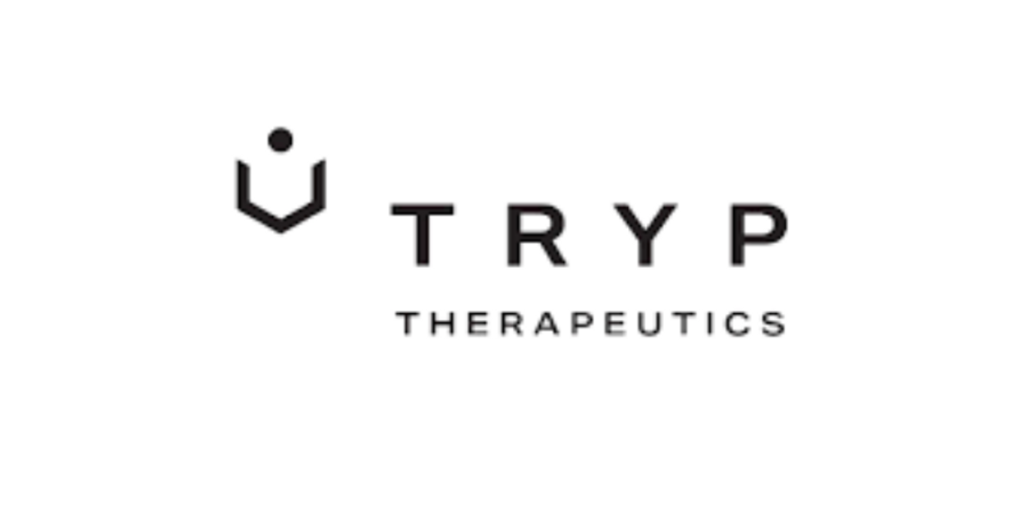The Phase 1a trial of SZN-043 has shown evidence of target engagement and Wnt-pathway mediated pharmacodynamic effects in the liver. Enrollment is currently ongoing in the Phase 1b study focusing on severe alcohol-associated hepatitis.
Surrozen Inc., a pioneering company in targeted therapeutics activating the Wnt Pathway for tissue repair and regeneration, presented a poster on the preliminary results of a Phase 1a study of SZN-043 at the 2024 European Association for the Study of the Liver (EASL) in Milan on June 8, 2024.
The Phase 1a trial established safe and well-tolerated doses of SZN-043 in a randomized, placebo-controlled study involving 40 healthy volunteers and 8 liver cirrhosis patients. Single or multiple intravenous infusion doses ranging from 0.5 mg/kg to 3 mg/kg were administered, showing mild-to-moderate, transient, and dose-related serum transaminase elevations that resolved without intervention.
The study also demonstrated pharmacodynamic biomarkers, including evidence of Wnt-mediated activity in the liver post-treatment with SZN-043. Target engagement was confirmed through transient increases in alkaline phosphatase (ALP), while Wnt signal activation was observed via the methacetin breath test and HepQuant measurements.
Craig Parker, President and CEO of Surrozen, expressed satisfaction with the Phase 1a study results, highlighting the activation of Wnt signaling, target engagement in the liver, and the safety and tolerability of the drug. The company is advancing its platform technologies to optimize Wnt pathway modulation for tissue regeneration, with a focus on hepatocyte regeneration.
SZN-043 is being developed for severe liver diseases, with a particular focus on severe alcohol-associated hepatitis. The Phase 1b clinical trial for severe alcohol-associated hepatitis began enrollment in the second quarter of 2024, with proof-of-concept data expected in the first half of 2025.
Additionally, Surrozen is developing SZN-413 for retinal diseases using its SWAP™ technology. The company entered into a strategic partnership with Boehringer Ingelheim for the research and development of SZN-413, with potential milestone payments and royalties on sales.
Overall, Wnt signaling has significant potential for the treatment of degenerative diseases and tissue injuries. Surrozen’s innovative platform and proprietary technologies aim to overcome limitations in targeting the Wnt pathway as a therapeutic strategy. For more information, visit the Surrozen website.


